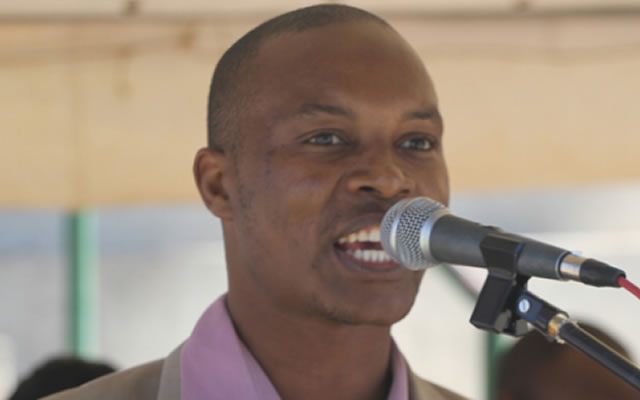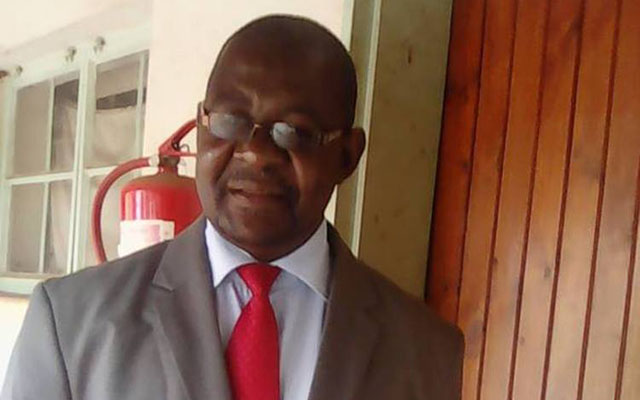Water woes: Residents blast council

Sibongile Maruta Herald Reporter
Harare residents last week condemned council’s endless water projects which often lead to dry taps in most households. They urged council to ensure the problem is resolved by investing more resources in water and sanitation. Harare Residents Trust (HRT) director Mr Precious Shumba last Friday said lack of reliable water supply exposed residents to diseases like cholera.
“There is lack of capacity and preparedness, despite the repeated outbreaks, through similar contexts, of diseases in Harare. It would seem that both the technical people and the policy makers in the Environment Management Committee lack an appreciation of the importance of stakeholders’ involvement and raising public awareness among the ratepayers and as a result, the City of Harare has dismally failed to address the question of water,” he said.
Mr Shumba said council should prioritise the replacement of underground water pipes. The city is losing 60 percent of treated water to leakages.
“In our view as the HRT, the $144 million Chinese loan should not have been directed towards the pumping capacity, but they should have dealt with the underground water pipes first to ensure that the 450 mega litres they pump daily reaches their connected households. This has the effect of boosting the confidence of the ratepayers when they all get potable water in their tapes,” he said.
The Ministry of Health and Child Care’s director of epidemiology and disease control, Dr Portia Manangazira, bemoaned the failure by local authorities to consistently supply water to residents.
“What has been lacking from local authorities is a detailed and progressive plan that shows what has been done and what is remaining. The cholera outbreak of 2008-9 was a huge wake-up call indicating the deficiencies in safe water provision, refuse management and sewerage reticulation,” she said.
“There is a great deal of lives lost, but the corrective actions for addressing the determinants of the diseases currently appear very detached, slow and uncoordinated and contrary to our Constitution and the Public Health Act.
“We have paid dearly for these shortcomings as the number of cases of infectious diseases remain too high, outbreaks too frequent and prolonged, robbing us of the few health workers and medicines and supplies that could be directed to other non-preventable cases.”
Chairperson of the Parliamentary Portfolio Committee on Health and Child Care Mr Prince Dubeko Sibanda said there was need for Government to mobile resources to deal with the issue.
“As a Government, we have not taken up necessary decisions to stop the cause, and there is need to assist the Harare City Council with resources. This will deeply affect the public health as the country is battling up to fight cholera and other diseases.”
Mr Sibanda said such cases of water shortages would not only contribute to diseases, but also negatively affect the economy.
“There is no doubt that the knock-on effect of the water conservation crossroads we find ourselves in has had an impact on tourism. People may stay away due to the inconvenience of water restrictions,” he said.









Comments